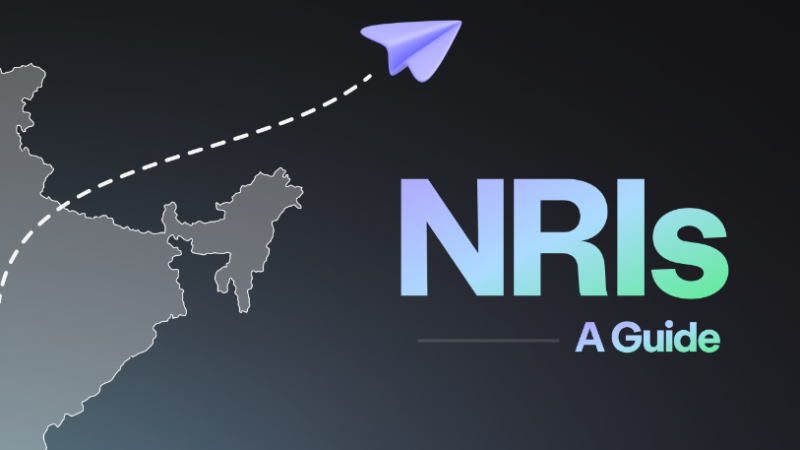Unprepared for a Social Occasion

The events of life can be exciting and wonderful. But they can also be painful. We have all had those occasions where we are so excited about something and then it doesn’t go as planned. Some of these situations can be caused by the fact that people are unprepared. Whether it’s because of a lack of money, time or a lack of skills, it’s possible to be unprepared when it comes to certain events in life.
Events are where they happen
Events are big business and there is no shortage of companies trying to cash in on the hype. However, they all have their shortcomings. For example, most events are ill-prepared for the amount of traffic they expect. On the other hand, many savvy event planners are able to make the most of these gatherings by anticipating the needs of their attendees and deploying the appropriate mix of tactics. And that is where event marketing comes into play.
Of course, there are always costs associated with hosting an event. It is always a good idea to include the proper amount of insurance in your budget. Having an open line of communication with your key players will ensure that you don’t have any surprises on the big day. This is the main reason why you should only host an event on a designated date. Lastly, be sure to have an official countdown schedule and stick to it. Moreover, ensure you are clear on who will be in charge of your next big event. In short, you need to keep your finger on the pulse at all times.
The best way to do this is to hire a third-party event planner. If you are in the market for one, then look no further than Make It Happen Management.
They produce collective effervescence and emotional energy
Collective Effervescence (CE) is the emotional intensity that develops when a group of people interact. CE is associated with an array of social outcomes, including Collective Efficacy, Positive Emotional Climate, Social Beliefs, and Collective Identity.
Durkheim argued that CE is an essential component of collective behavior. He believed that CE is a manifestation of the sociality that is the basis of society. This sociality is a union of individuals who share values. The participants of a collective gathering will feel heightened emotions and behavioral convergence, thus producing a sense of belonging to the group.
According to Durkheim, CE is a process of synchronization. A group of individuals celebrating a national holiday can experience joint effervescence. In the same manner, a demonstration can be considered a ritual of intense emotional energy. These experiences can result in emotional synchrony, which is beyond the normal levels of emotional intensification.
According to Durkheim, CE occurs during collective rituals, ceremonies, and events. These types of activities can also involve extreme moral behaviors or even sacrifice. Ultimately, these events can be regarded as sacred interactions.
Studies of CE often use cross-sectional designs. Using a sample of university students from a large US city, the authors evaluated past experiences of CE. They found that individuals who participated in recent collective effervescence were positively correlated with several socially desirable behaviors.
Several studies have also investigated the relationship between CE and positive valence events. Research has shown that CE is a strong and persistent emotional presence during positive events. Moreover, CE has a positive effect on individuals’ psychological wellbeing.
CE also has a positive relationship with participants’ social support. CE is associated with a large fail-safe N test, which indicates robust effects. It is not clear whether CE is the primary cause of the sociality that exists between the participants or the result of this sociality.
Moderation analyses have shown that CE is a significant factor in the expression of anger. However, researchers believe that the effects of CE are similar in religious rituals and secular events.
They create unwelcome behaviors
The social occasion of a lifetime can be a good time, but it can also be a bad one. These events can have a negative impact on a person’s social and physical well-being. This is why a little planning goes a long way. For example, it’s a good idea to pick up a few key points of information about the party-goer’s personal preferences and history before the big day.
For instance, it’s important to keep in mind that the most appropriate attire for a night on the town can differ from night out at the pub to night at the club. On the flip side, it’s just as important to have a backup plan in place should the unthinkable happen. In addition, the most important part of any good social occasion is the people. No one likes to have to choose between friends and foes. Hence, a solid social-network plan is essential to ensure a pleasant experience.
Several studies have weighed in on the subject. However, no single study has yet been able to produce a definitive list of the most relevant events and ceremonies. A few notable exceptions include the university-wide prom, the university’s graduation ceremony, and the yearly department-wide dinner. Although each event has its own unique set of circumstances and rules of engagement, it’s safe to assume that a fair number of people will make it into the fray.
While not everybody is a fan of social occasions, there’s no doubt that they are a crucial pillar of social well-being. Indeed, a social occasion is a time to reminisce, re-evaluate, and re-connect. But while you’re making your rounds, be sure to pay attention to others and their actions. Even the best intentions can go south if you don’t. Keeping a friendly and supportive network of friends and colleagues is essential to a happy and fulfilling life. After all, everyone’s got a friend in need. Besides, it’s never too late to make the acquaintance of the newest person in your life. So if you’re still in the dating game, don’t be shy!
They cross the line
The social occasion when people cross the line is a maritime ritual dating back over 400 years. It involves an elaborate choreography. Historically, the line-crossing ceremony was celebrated with a ceremony, although it has also been hosted by commercial cruise lines.
Line-crossing originated as a hazing process. Rather than punishing the crew, it tested them. Today, it remains a well-known naval culture. However, the practice has expanded to other seafaring cultures. Among the characters in the line-crossing ritual are people dressed as bears, barbers, and judges.
Historically, the line-crossing ritual was a celebration of crossing the equator. Although modern sea travellers still have a party to mark the occasion, they suffer the following day.
Researchers have studied how the ritual can affect individuals. For instance, they have found that the event has the power to shape life course choices. They have also found that it can change people’s habits and thinking. This can be an unanticipated consequence of attending a social occasion.
As such, it is important to study the role of social occasions in the lives of people. These events are important sites of transformation in our lives, and can become fateful. While not all of these events will have a lasting impact, they can often be a gateway to changes in habits, beliefs, and relationships.
In contrast to other kinds of time, social occasions are a favored means for bringing about change. They are often associated with an effervescence, but susceptible to unexpected and fateful events. If they are structured correctly, they can be an excellent source of collective effervescence, and a key site for turning points in the life of an individual.
However, it is not always possible to understand how events transform a person’s life. There are several reasons. One is that events are inaccessible to everyone. Another is that people can hatch plans inside of occasions. Lastly, people can heal old wounds within them.
In addition to the effervescence that comes with social occasions, they can provide a platform for people to become exposed and vulnerable. This may lead to sexual assault, violation, and offense.






